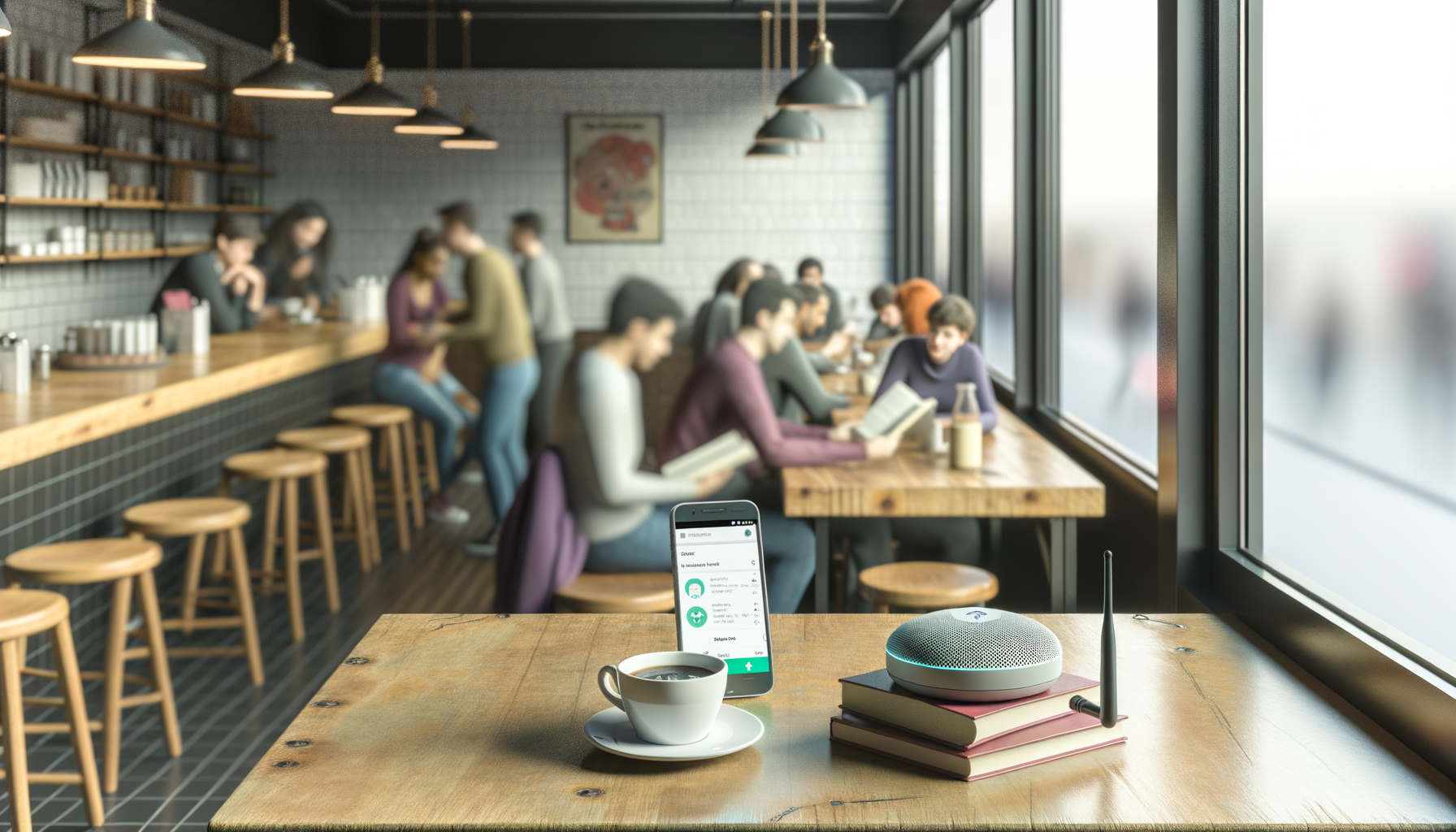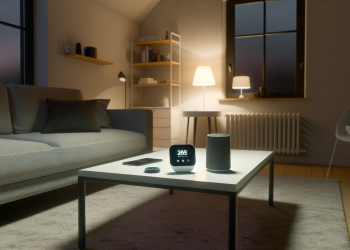Are Your AI Chatbot Conversations Private? This question is increasingly relevant as artificial intelligence (AI) becomes an integral part of customer service, sales, and other interaction channels. AI chatbots are designed to simulate human conversation and provide quick, efficient responses. However, as with any technology that processes sensitive data, there is a potential for misuse or mishandling of information, leading to privacy concerns. This article delves into the cybersecurity aspects of AI chatbots, discussing data protection, threat detection, defense mechanisms, security measures, and best practices for ensuring privacy.
Understanding AI Chatbots and Privacy

AI chatbots interact with users, collecting and processing data to provide relevant responses. This data often includes personal information, which, if not handled correctly, could lead to privacy breaches. The data collected by AI chatbots is typically stored on cloud servers, which, despite being secured by various cybersecurity measures, are vulnerable to attacks. Ensuring privacy, therefore, requires a comprehensive understanding of AI chatbots and the potential privacy threats they pose.
The Privacy Threat Landscape
AI chatbots, like any other digital platform that processes personal data, are exposed to privacy threats. These include data breaches, where unauthorized individuals gain access to sensitive data, and data misuse, where data is used for purposes other than those it was collected for. Other threats include data leakage, where data is unintentionally exposed, and data loss, where data is lost due to system failures or cyberattacks.
Data Protection Measures

Data protection measures are crucial in ensuring the privacy of AI chatbot conversations. These measures include data encryption, where data is encoded in a way that only authorized parties can decipher it, and data anonymization, where personally identifiable information is removed from data sets. Other measures include secure data storage and transmission, where data is stored and transmitted in a manner that minimizes the risk of unauthorized access.
Threat Detection and Defense
Threat detection and defense mechanisms are essential in protecting AI chatbot conversations from privacy threats. These mechanisms include intrusion detection systems, which detect unauthorized access to data, and firewalls, which block unauthorized access to networks. Other mechanisms include antivirus software, which detects and removes malicious software, and secure software development practices, which minimize the risk of software vulnerabilities.
Security Measures

Security measures are crucial in ensuring the privacy of AI chatbot conversations. These measures include user authentication, where users are required to verify their identity before accessing data, and access control, where users are only granted access to data they are authorized to view. Other measures include regular security audits, where systems are reviewed for potential security weaknesses, and incident response plans, which outline steps to be taken in the event of a security breach.
Best Practices
Ensuring the privacy of AI chatbot conversations requires adherence to best practices. These include:
- Obtaining informed consent from users before collecting their data.
- Limiting the collection of personal data to what is necessary for the chatbot’s operation.
- Implementing strong cybersecurity measures, such as data encryption and secure data storage and transmission.
- Regularly reviewing and updating security measures to keep up with evolving threats.
Comparing AI Chatbot Providers
When choosing an AI chatbot provider, it’s important to consider their approach to privacy. The following table compares two hypothetical providers:
| Provider A | Provider B |
|---|---|
| Uses data encryption and anonymization | Does not use data encryption or anonymization |
| Regularly updates security measures | Does not regularly update security measures |
As seen in the table, Provider A has more robust privacy measures than Provider B, making it the better choice from a privacy perspective.
Thank you for reading this article. We hope you found it informative and encouraging in your quest to ensure the privacy of your AI chatbot conversations. Be sure to explore our other articles for more insights into the world of cybersecurity and technology.









